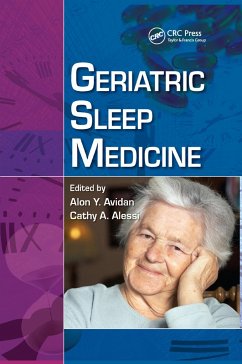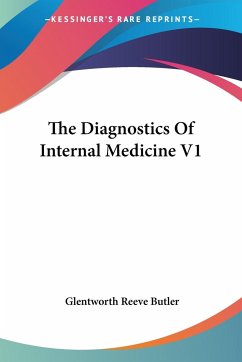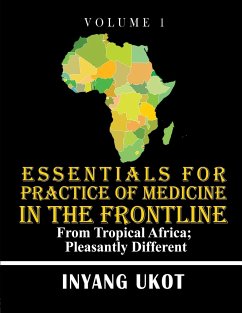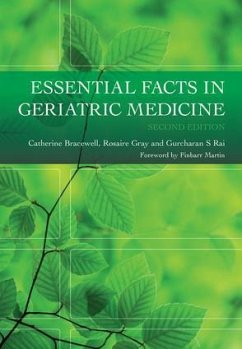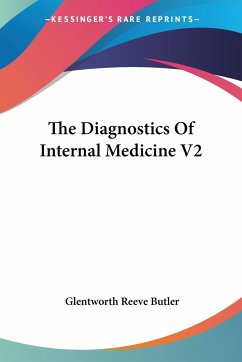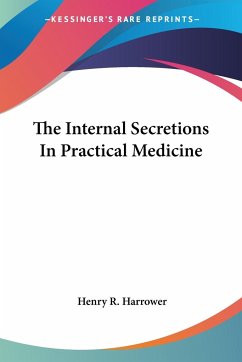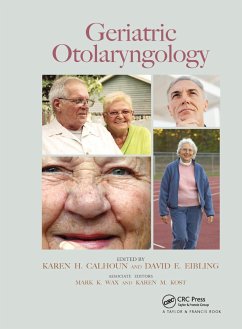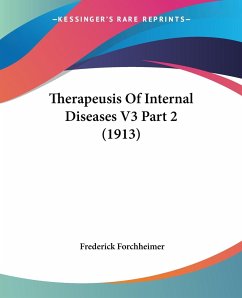Nicht lieferbar
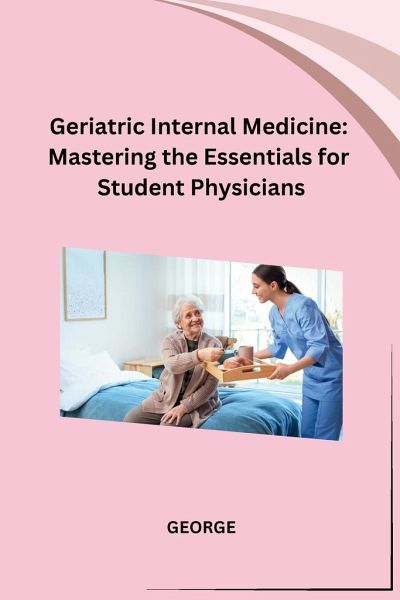
Geriatric Internal Medicine
Mastering the Essentials for Student Physicians
Versandkostenfrei!
Nicht lieferbar
As medical students, we are often exposed to a wide range of specialties and subspecialties within the field of medicine. One area that is of increasing importance and relevance is geriatric medicine, particularly for those interested in internal medicine. The aging population is growing rapidly, and with it comes a unique set of healthcare needs that require specialized attention and care. Geriatric medicine focuses on the health and well-being of older adults, typically those aged 65 and above. It encompasses a holistic approach to managing the complex medical, social, and psychological issu...
As medical students, we are often exposed to a wide range of specialties and subspecialties within the field of medicine. One area that is of increasing importance and relevance is geriatric medicine, particularly for those interested in internal medicine. The aging population is growing rapidly, and with it comes a unique set of healthcare needs that require specialized attention and care. Geriatric medicine focuses on the health and well-being of older adults, typically those aged 65 and above. It encompasses a holistic approach to managing the complex medical, social, and psychological issues that often accompany aging. As students pursuing a career in internal medicine, understanding the importance of geriatric medicine is essential, as it will allow us to provide the best possible care to our elderly patients. One of the key reasons why geriatric medicine is crucial is the prevalence of chronic diseases among older adults. Conditions such as diabetes, hypertension, heart disease, and arthritis are common in this population and can have significant impacts on their quality of life. By developing expertise in geriatric medicine, we can gain the knowledge and skills necessary to manage these conditions effectively, ensuring optimal outcomes for our patients. Another critical aspect of geriatric medicine is the recognition and management of geriatric syndromes. These syndromes, which include falls, delirium, incontinence, and functional decline, are unique to older adults and require a comprehensive approach to diagnosis and treatment. By specializing in geriatric medicine, we can learn how to identify and address these syndromes, ultimately improving the overall health and well-being of our elderly patients. Furthermore, geriatric medicine emphasizes a person-centered approach to care. Older adults often have complex medical histories, multiple comorbidities, and unique social circumstances. By learning to take a comprehensive geriatric assessment, we can gain a better understanding of our patients' needs, preferences, and goals. This approach allows us to tailor our treatment plans accordingly, promoting patient autonomy and improving overall patient satisfaction. Lastly, geriatric medicine offers an opportunity to make a significant impact on the lives of older adults. Many older individuals face challenges such as loneliness, isolation, and the loss of loved ones. By providing compassionate care and addressing their unique needs, we can help improve their quality of life and overall well-being.





